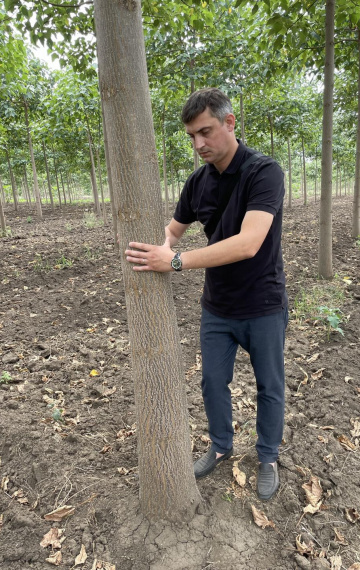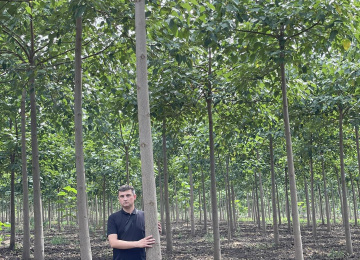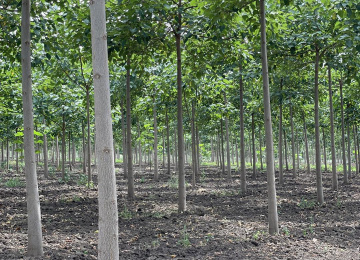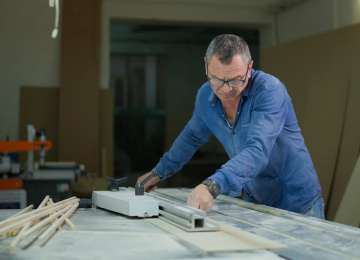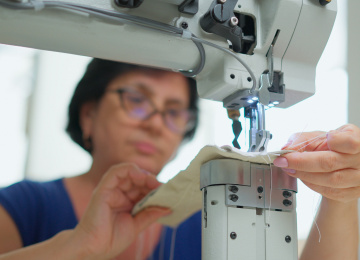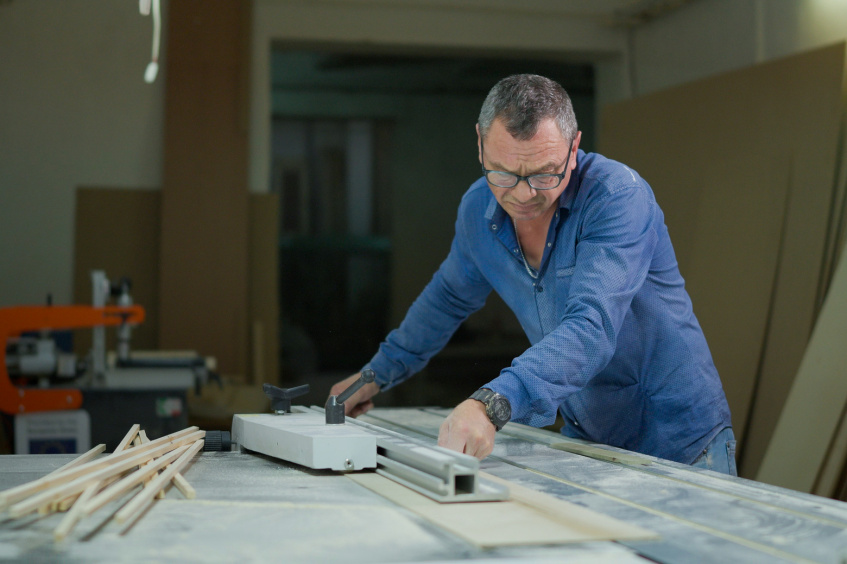
When dreams take root – they can grow into true engines of development. This is the story of Ungheni, a city in the Republic of Moldova that, in just a few years, has redefined its economic future with the help of an exotic tree species: Paulownia, often called “the fastest-growing tree in the world.”
It all began in 2019, when Florin Popov, a young and visionary entrepreneur, decided to plant 10 hectares of Paulownia in the village of Floreni, Sculeni commune. Inspired by his experience working in the timber industry in Italy, Florin saw in this tree a rare opportunity – the chance to produce high-quality, sustainable wood with vast potential for local economic growth.
Initially, the goal was export. Paulownia wood is in high demand across Europe due to its properties: it’s lightweight yet strong, fire-resistant, and has excellent insulating qualities. But over time, the direction shifted. Alongside other local entrepreneurs, Florin laid the foundations for a regional economic ecosystem focused on local wood processing and the development of the furniture industry.
“At first, the plan was to export the wood to the European Union. But we soon realised the real value lies in processing it here, in Moldova,” says Florin Popov, founder of the plantation.
That’s how, in 2022, the Ungheni Furniture Cluster was born – an initiative that brought together 18 local entrepreneurs under a shared vision: to make the most of Paulownia wood in a sustainable way. With support from the EU4Moldova: Focal Regions programme, funded under the EU4Business initiative of the European Union and implemented by UNDP and UNICEF, the cluster received € 100,000 in financial assistance dedicated to the procurement of modern equipment. In addition, members benefited from tailored business mentoring and professional training, further strengthening their skills and boosting the cluster’s competitiveness.
The results followed swiftly: 17 new jobs were created, labour productivity increased by 10%, and revenues from furniture production rose by 14%. For every leu invested by the cluster members, 9 lei were generated in return – clear proof of both efficiency and long-term potential.
Paulownia has become more than just a raw material – it’s now a catalyst for local innovation. Furniture, decorative items or modular constructions have all started emerging from workshops in Ungheni. Furthermore, partnerships with similar clusters in Romania have opened doors to international markets.
What makes this story truly special is not just its economic success, but the sustainable model behind it. Paulownia regenerates naturally after being cut, without the need for replanting – significantly reducing environmental impact and turning this initiative into a real-world example of a circular, green economy.
Looking ahead, the members of the Ungheni Furniture Cluster plan to invest in cutting-edge technologies, expand to international markets, and implement even more eco-conscious practices.
“There’s strength in numbers. We aim to grow this cluster with new members and invest in modern technologies, so we can remain a competitive leader both nationally and across Europe,” says Alexandru Covali, manager of the Furniture Cluster.
At a time when many communities are seeking ways to revitalise their economies, Ungheni is proving that innovation and respect for nature can go hand in hand. Paulownia isn’t just an exotic tree – it’s the symbol of a region that dared to dream and is now building, quite literally, a greener and more prosperous future.

